Opportunities in Crisis: Findings from Year Two of Research on Equitable Rental Housing and Eviction Prevention in the United States
Addressing the pandemic-exacerbated housing crisis demands an all-hands-on-deck approach. Residents, practitioners, policymakers, funders, and researchers must come together to learn and act in real time to keep renters stably housed. In fact, innovative policy solutions have been designed and implemented over the past two and a half years, and the present moment provides us an opportunity to better understand and assess the effects and future prospects of a more stable and secure housing market for renter families.
In this context, the Housing Crisis Research Collaborative launched in April 2020 to solicit and respond to the most pressing questions policymakers and practitioners have faced throughout the pandemic. Comprising four research institutions, seven practitioner networks, and multiple partner researchers, the collaborative works in real time to address questions around what forms of rental assistance and eviction prevention show the most promise, how renters are responding to financial stress, how landlords are responding to arrears, and which regulatory and legislative fixes have been most effective.
Join the Housing Crisis Research Collaborative and the Urban Institute for insights from published and upcoming research on how policymakers, researchers, community members, and funders can work together to support renter stability and equitable rental housing in the US during and beyond the pandemic.
Opening remarks
Solomon Greene, Principal Deputy Assistant Secretary for Policy Development and Research, US Department of Housing and Urban Development
Panel 1: Leveraging and Learning: How Are Local Governments Using Federal Dollars for Renter Stability?
Samantha Fu, Policy Associate, Research to Action Lab, Urban Institute
Elizabeth Kneebone, Assistant Vice President, Community Development Research, Federal Reserve Bank of San Francisco
Panel 2: Eviction Prevention after the Emergency Rental Assistance Program
Alexa Eisenberg, Postdoctoral Research Fellow, Poverty Solutions, University of Michigan
Ray Kong, Legal Director, Lawyers for Equal Justice, Hawaiʻi Appleseed Center for Law & Economic Justice
Katherine M. O’Regan, Professor of Public Policy and Planning, Director of the Master of Science in Public Policy Program, and Director of the Furman Center for Real Estate and Urban Policy, New York University
Zach Neumann, Cofounder, Executive Director, and Attorney, Covid-19 Eviction Defense Project; Nonresident Fellow, Metropolitan Housing and Communities Policy Center, Urban Institute (moderator)
Additional speakers to be announced.


























